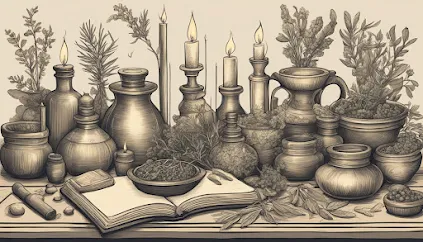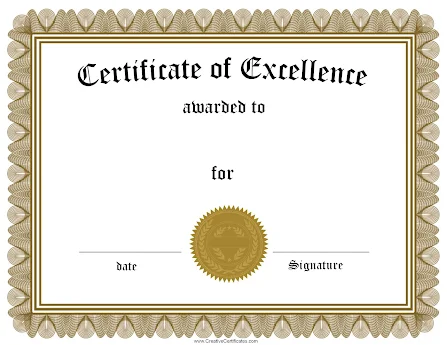📖 Etymology & Evolution of the Word Pharmacy
📜 Ancient Origins (Greek & Latin)
The word pharmacy ultimately comes from the Ancient Greek word:
-
φαρμακεία (pharmakeia)
Pronounced phar-ma-KAY-uh, it meant:-
the use or administration of drugs, potions, or medications
-
and also carried the darker meanings of sorcery, witchcraft, or poisoning
-
The related Greek verb was:
-
φαρμακεύειν (pharmakeuein) — to administer drugs, practice sorcery
And the noun:
-
φάρμακον (pharmakon) — originally meant a drug, medicine, poison, or charm
Interestingly, pharmakon had a dual meaning: it could be a remedy or a poison, depending on its use and dose — a notion still familiar in toxicology today (as Paracelsus later phrased: "The dose makes the poison").
📖 Classical Latin Adoption
The word passed into Latin as:
-
pharmacia — meaning the use of drugs, medicine, or potion-making
This retained both neutral and sinister connotations in certain texts, especially among early Christian writers (like in the Latin Vulgate translation of pharmakeia in Galatians 5:20, where it was rendered as "witchcraft" or "sorcery").
📖 Medieval Usage
During the Middle Ages, the practice of compounding and selling medicinal preparations was handled by apothecaries, not "pharmacists" as we think of them today.
-
The word pharmacy itself was still rare in vernacular languages, with terms like apothecary, drugger, and chirurgeon (for surgeons) being more common in English and European texts.
-
The Greek pharmakeia was often referenced in religious or moral contexts, associated with witchcraft, as in its biblical usage.
📖 Renaissance to Early Modern Period
By the 16th–17th centuries, with the revival of classical learning, the term pharmacy began reappearing in scholarly Latin medical texts and gradually entered English.
-
The first recorded use in English of pharmacy in a medical sense dates from the late 14th to 15th centuries, used to mean the preparation and dispensing of medicinal drugs.
-
Meanwhile, apothecaries' shops were the forerunners of modern pharmacies, combining the roles of physician, pharmacist, and chemist.
📖 Modern Usage (18th Century Onward)
By the 18th–19th centuries:
-
Pharmacy was firmly established in English as:
-
The art and science of preparing, compounding, and dispensing medicinal substances
-
A place where medicinal drugs are prepared or dispensed — what we'd call a pharmacy or drugstore today
-
Professional roles split:
-
Physicians: diagnosis and treatment
-
Pharmacists (or chemists): preparation and dispensation of drugs
The sinister connotations of pharmakeia largely disappeared in secular contexts, though they persist in biblical and theological discussions.
📖 Modern Language Descendants
-
French: pharmacie
-
Italian: farmacia
-
Spanish: farmacia
-
German: Pharmazie
-
English: pharmacy
All ultimately trace their roots to pharmakon.
📖 Biblical and Cultural Note
In biblical Greek, pharmakeia appears in Galatians 5:20, Revelation 9:21, and Revelation 18:23, often translated as witchcraft or sorcery, reflecting the ancient association between drug preparation and magical or illicit practices.
📖 Summary Timeline
| Period | Word/Usage | Meaning/Context |
|---|---|---|
| Ancient Greek | pharmakon, pharmakeia | Drug, remedy, poison, sorcery |
| Classical Latin | pharmacia | Medicine, potion-making |
| Medieval | Apothecary, pharmakeia (religious texts) | Drug preparation, witchcraft |
| Renaissance–17th c. | pharmacy (scholarly texts) | Art of drug preparation |
| 18th c.–Present | pharmacy | Profession and place for medicines |


